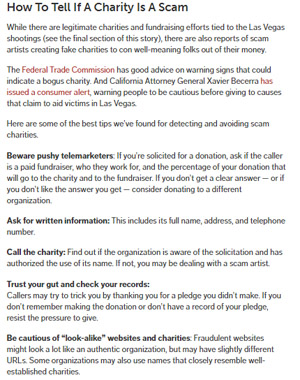Charity Scams
While many generous individuals aim to aid those in need, it's disheartening to note that deceitful actors exploit this noble intention through charity scams. These scammers cleverly disguise themselves as legitimate charitable organizations, sometimes even using counterfeit identification, making it hard for donors to suspect foul play.
Preying on individuals' empathy, these unscrupulous individuals solicit donations through emails, telemarketing, and direct approaches in public spaces. Not only do they tarnish the reputation of genuine charities, but they also divert crucial resources away from legitimate causes.
True charities have always been dedicated to supporting various causes, and it's essential to differentiate between the genuine and the deceitful. Let's delve deeper into the prevalent tactics of these scammers to safeguard your benevolent contributions.
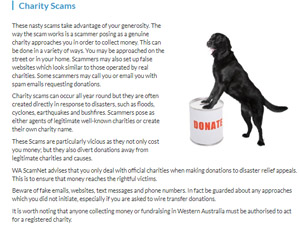
Common Charity Scam Tactics:
Disaster Relief Scams:
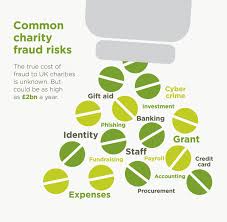
Medical Assistance Appeals:
Support for Military Families:
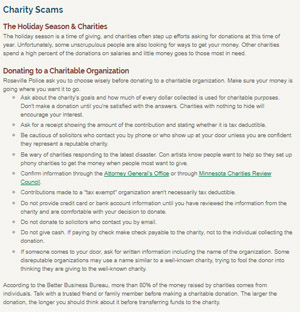
Defending Against Charity Scams:
Before donating, always verify the charity's credentials. Visiting the charity directly can offer clarity. Beware of organizations pushing for immediate donations, especially those favoring anonymous payment methods. Genuine charities will always welcome inquiries and provide details of their operations.
Following significant global disasters, be cautious of a surge in charity solicitations. Authenticity checks can shield your contributions from falling into wrong hands. If a charity's communication evokes a sense of urgency or uses an overwhelming emotional appeal, be sure to verify its legitimacy before donating.
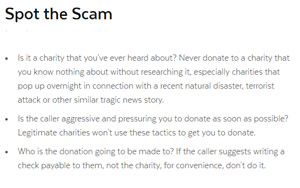
Be Cautious and Alert:
- Avoid providing payment details to unsolicited email or phone solicitations.
- Examine the organization's name minutely; fraudulent entities might use names similar to genuine charities to mislead donors.
- Be skeptical of charities that predominantly use emotionally charged language.
- If donating online, ensure the platform is secure, and the charity's credentials are verified.
It's always best to donate with awareness. Ensure your contributions reach genuine causes, reinforcing the spirit of giving. If you believe you've encountered a charity scam, don't hesitate to report it, ensuring others don't fall prey to the same deceit.
